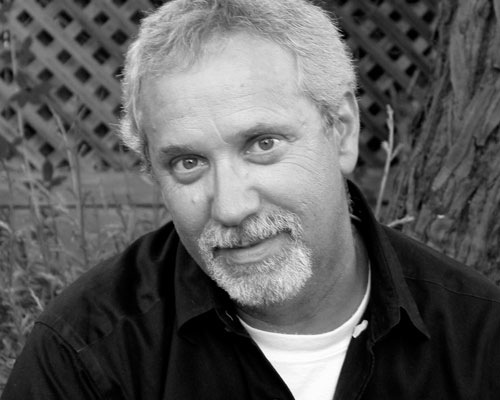Sam Piha is the founder and principal of Temescal Associates, a consulting group dedicated to building the capacity of leaders and organizations in education and youth development who are serious about improving the lives of young people. Piha began his career in 1974 as an afterschool worker, an experience that led to ten years of classroom teaching, and later work as a child and family counselor and school social worker. Between 1989 and 2001, Piha developed and managed school-based youth programs at the regional and national levels.
In 1996, Piha joined the Community Network for Youth Development, to help launch and serve as managing director of the San Francisco Beacon Initiative, a large public and private partnership dedicated to transforming public schools into vibrant community centers serving youth in the afterschool hours. When California began its unprecedented expansion of state-funded afterschool programs, Piha helped shape the growing afterschool movement there. He chaired and served on several key state committees and joined with others to build a state-wide system of support for new programs, align state afterschool policies with youth development principles, and successfully support the launch of the state's After School Safety and Education for Teens, a large state-wide high school afterschool initiative.
More recently, Piha co-founded the Learning in Afterschool & Summer (LIAS) project, which is dedicated to promoting learning principles that all afterschool programs should demonstrate; this has been embraced by the California Department of Education, afterschool workers, and researchers alike. He is also heavily involved in bringing digital badges to California afterschool programs and has been sponsoring an annual "How Kids Learn" conference, a gathering that bring together cutting edge thinkers, educators, and afterschool leaders.
Piha has served as editor and contributing author of several important practice guides and journal articles on afterschool programming. He holds a master's degree in Social Welfare and is a Licensed Clinical Social Worker.
What are the accomplishments you are most proud of?
Taking a stand against standardized testing as proof of successful afterschool programming, promoting the idea of afterschool for high school aged youth, and the Learning in Afterschool & Summer campaign, which focuses less on what children should learn and more on how children learn best.
Where do you see the field in ten years?
I see everyone understanding the value of learning outside of the classroom and an abundance of learning opportunities that promote social emotional learning, collaborative skills, and learning experiences not available to young people at school or at home.
What are the biggest opportunities for the afterschool industry?
The recognition that afterschool programs are perfectly positioned to promote the skills and attitudes that young people need for school, work, and life. The Habits of Mind, Common Core, and the value placed on expanded learning seem to show that we are moving in the right direction.
What are the biggest challenges facing afterschool?
There are a few:
- Convincing taxpayers and legislators that afterschool and summer learning opportunities outside of the classroom are not an option.
- Maintaining and raising the quality of programs to ensure that we deserve strong, sustained support.
- Understanding that afterschool programming can't solve every problem we will face and allow afterschool to stay focused on ways that best promote young people's learning.
What makes an afterschool program successful?
The strong underlying beliefs and values of the program leadership—strong enough to penetrate and be demonstrated by everything the program and its staff does.
Edited by Amy L Charles, editorial director of AfterSchool Today magazine, the Official Publication of the National AfterSchool Association.

